Of all the policies proposed by Zohran Mamdani, the socialist winner of last week’s New York’s Next Top Mayor competition, the idea of city-run grocery stores has proved the most divisive. If you want to reduce prices at halal carts by taking away regulations on street vendors, you’re going to get 80-plus percent approval rating. But state-owned groceries are another story.
Modern history is strewn with tales of state-owned grocery disasters. In the New York Times’s 2007 obituary of former Soviet President Boris Yeltsin, they described, as a key moment in the fall of the Soviet Union, the day Yeltsin visited an ordinary Randall’s grocery store in Texas: “He was overwhelmed by what he saw at a Houston supermarket, by the kaleidoscopic variety of meats and vegetables available to ordinary Americans.” Yeltsin famously told an associate, “I think we have committed a crime against our people by making their standard of living so incomparably lower than that of Americans.”
Russian grocery life has grown much more abundant since then, if we’re to believe Tucker Carlson’s famous kompromat video where he marveled at the idea that you can buy fresh bread in Moscow in 2024.
Let’s go to Venezuela, which tried an extended experiment with the state-run grocery system. In 2003, the Chavista dictatorship established the Mercal Mission, government-owned food stores where everything would be available in large quantities and at low cost.
The result, according to my Venezuelan journalist friend Carlos Flores, “was a catastrophe that led Venezuela to near-total shortages and famine.” The grocery system fell into the hands of corrupt government officials. Mercal became a monopoly in the hands of people who had no experience running groceries and who kept all the profits for themselves.
“We Venezuelans spent years waiting in endless lines to buy rice or wheat flour; meat was scarce… everything was scarce,” Flores says. “Except for the money that flowed into the pockets of the dictatorship’s mafias. They ended up exporting these foodstuffs initially intended for Venezuelans, who, in the saddest literal sense, suffered a great deal of hunger and despair following the failure of Mercal.” Good times. Today, private companies are again running the Venezuelan grocery business, “but many large companies had to make deals with the dictatorship rather than allow themselves to be expropriated.”
What about Cuba, you ask? In 2023, Voice of America reported on the phenomenon of “mipymes,” or small private grocery concerns, selling goods that ordinary Cubans could buy on their tiny salaries. One state employee, after buying a package of potato chips for $1.50, said, “this is a luxury.”
“Cuba’s retail market has been very limited,” the VOA report says, “and for decades the communist state held a monopoly on most forms of retail sales, import and export, under the argument that it is necessary to distribute products equitably. The ration books that allow Cubans to buy small quantities of basic goods like rice, beans, eggs and sugar each month for payment equivalent to a few U.S. cents continue to be the basis of the model, allowing families to subsist for about 15 days.”
Gee, that sounds swell!
Grocery prices are too high in New York, message received. But state ownership of food supplies will just create scarcity.
“America already has” city-run grocery stores, according to CNN. But they’re not running on the Venezuela model. The major example people cite when talking about modern city-run groceries is Nourish + Bloom, a black-owned mini-chain of groceries in the Atlanta area, which aims to bring fresh produce and meats to underserved areas, and has a contract with the city of Atlanta.
The store is open from 11 a.m. to 7 p.m., staffed by two employees, who stock inventory. AI handles the rest of the operations. The profit margins are slim and the stores are small. A customer on Yelp describes it as “Amazon-type store with a bistro attached with some pretty good food with special items like jerk chicken as well as organic produce.” On their website, Nourish + Bloom sells products like $45 T-shirts and $20 bags of signature coffee blends. That sounds less like a state-run grocery store and more like a black-owned Whole Foods that the city of Atlanta is boosting because it’s a good idea that the market can bear.
If groceries are too expensive and unhealthy and store rents are too damn high, then American ingenuity will find a solution to the problem, as it often does. As long as the government isn’t in charge of the food supply, abundance will prevail. Freedom isn’t free, and neither are groceries.
Zohran Mamdani’s grocery chain will be a crime against New Yorkers
Modern history is strewn with tales of state-owned grocery disasters
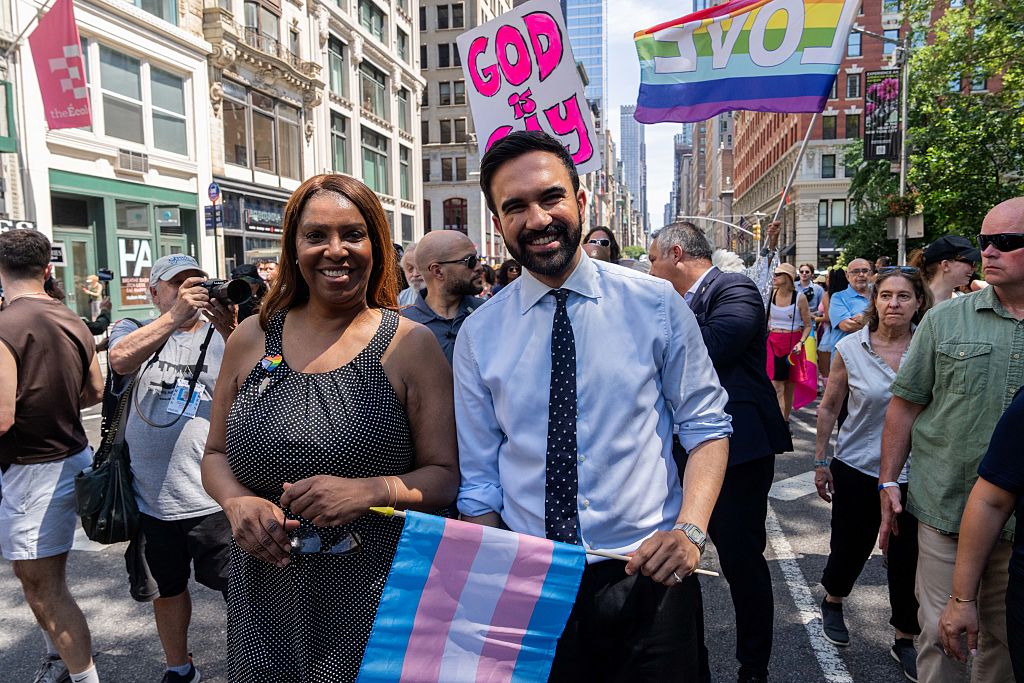
Zohran Mamdani, New York City Mayoral Candidate, and Letitia James, Attorney General of New York, take part in the 2025 NYC Pride March (Getty)
Of all the policies proposed by Zohran Mamdani, the socialist winner of last week’s New York’s Next Top Mayor competition, the idea of city-run grocery stores has proved the most divisive. If you want to reduce prices at halal carts by taking away regulations on street vendors, you’re going to get 80-plus percent approval rating. But state-owned groceries are another story. Modern history is strewn with tales of state-owned grocery disasters. In the New York Times’s 2007 obituary of former Soviet President Boris Yeltsin, they described, as a key moment in the fall of the…










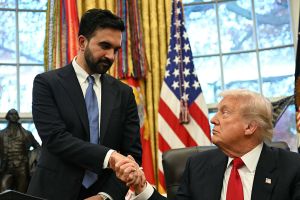


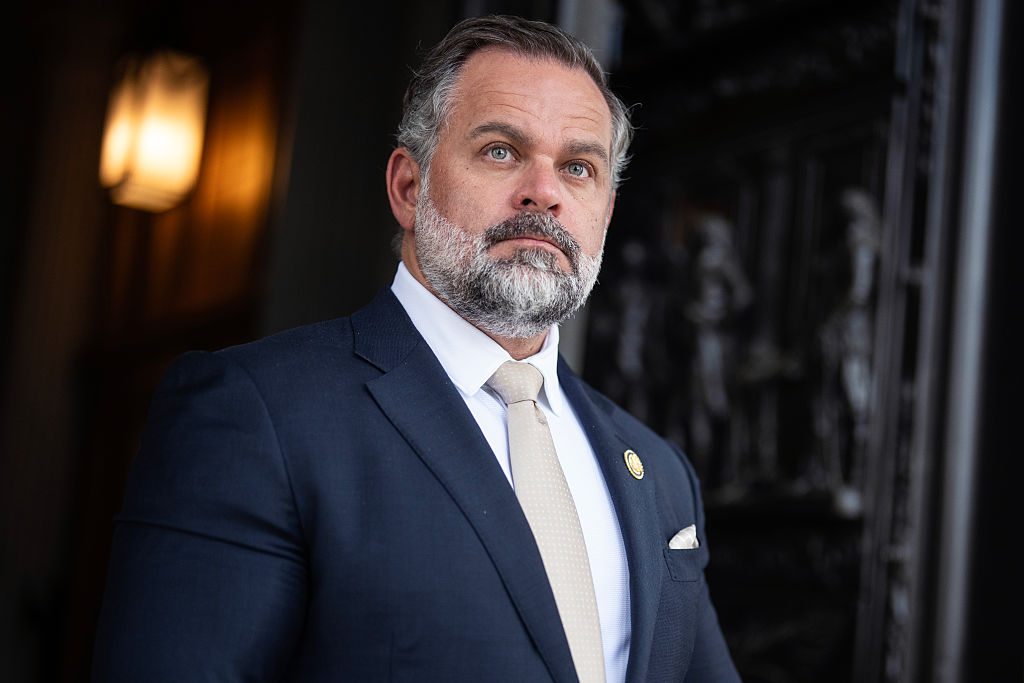
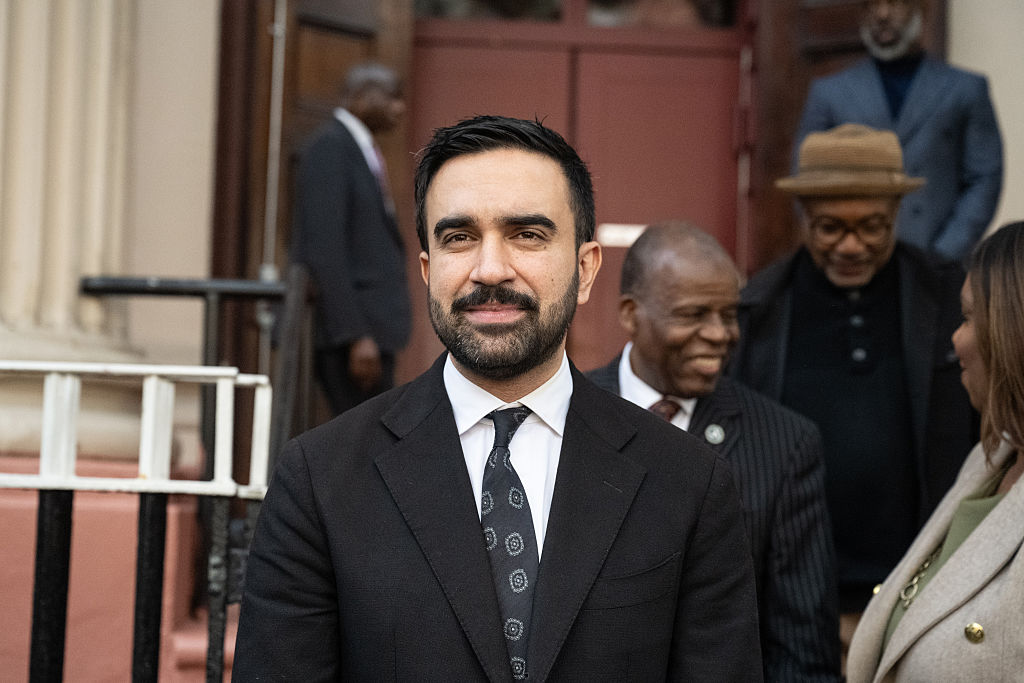
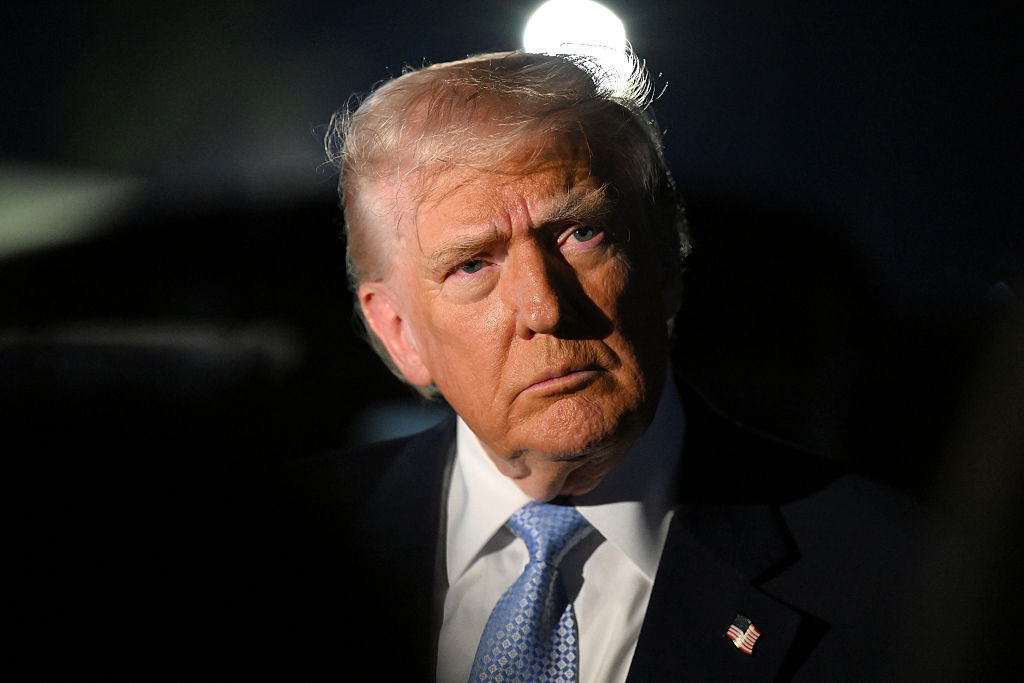
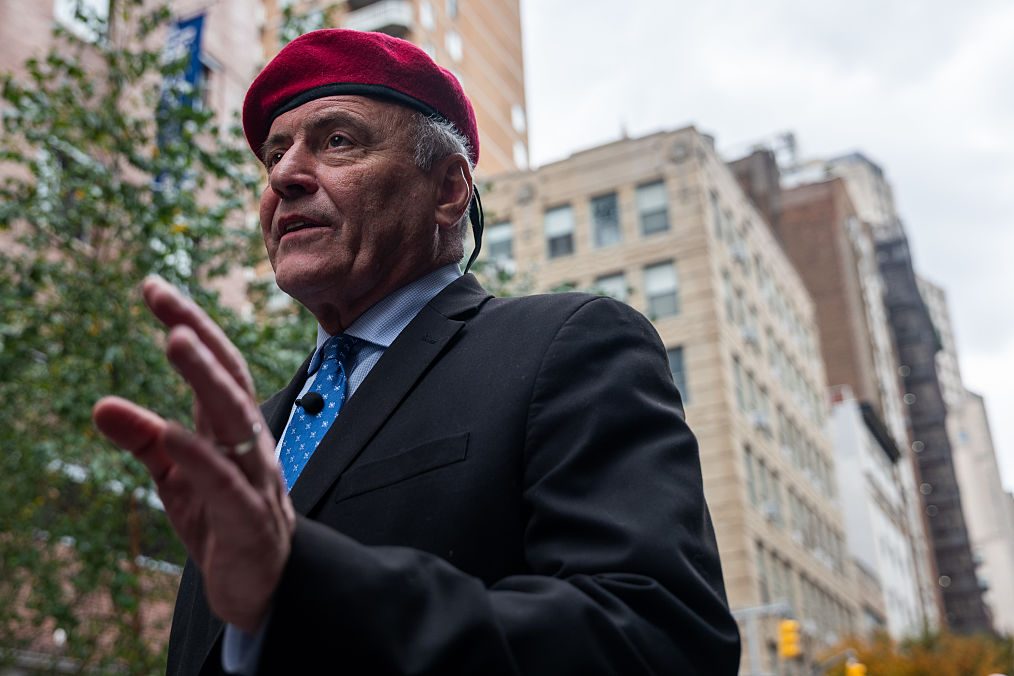








Leave a Reply